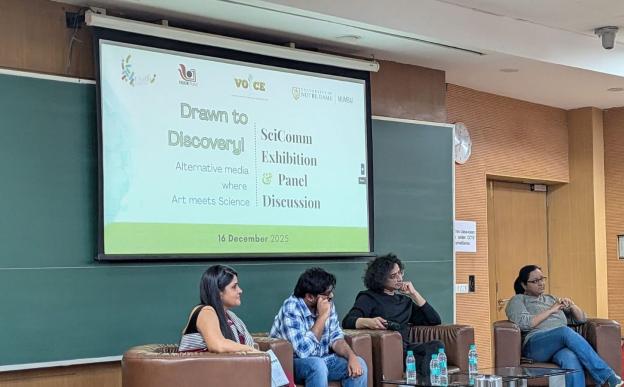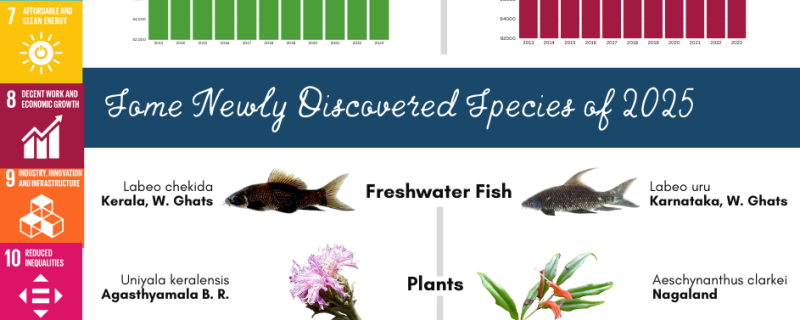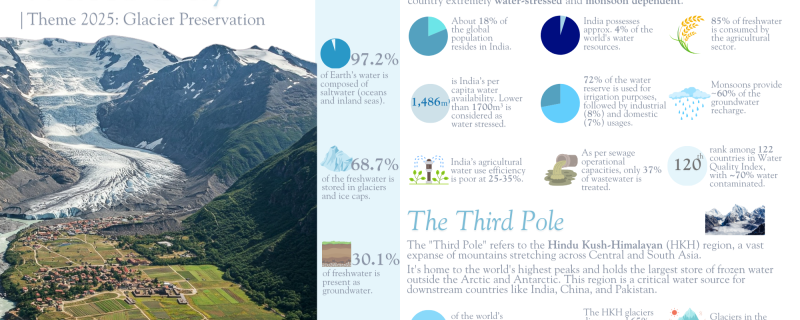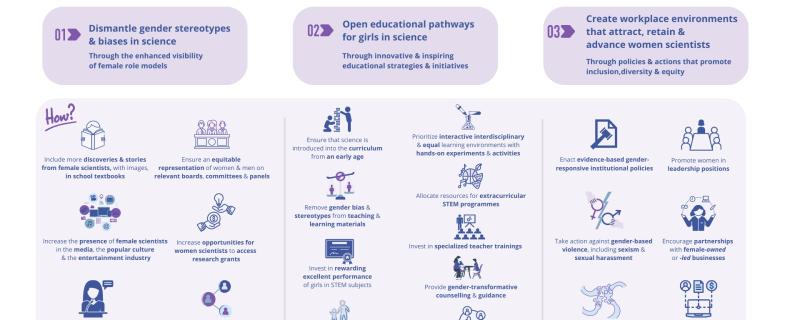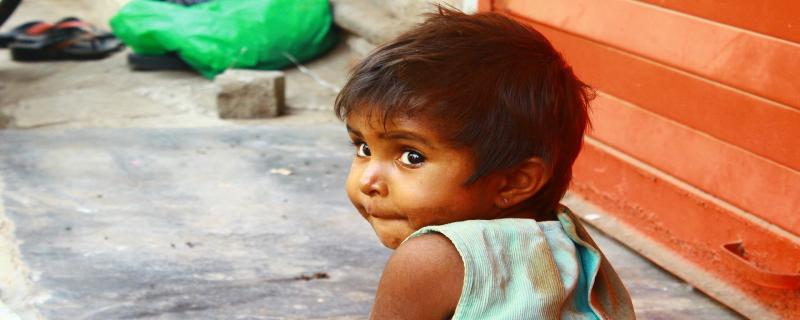Despite all our technological advances, we depend entirely on a healthy and vibrant ecosystem for our water, food, shelter, and energy. Respecting, protecting, and repairing our biological wealth is essential to ensure a habitable ecosystem.
This International Day for Biological Diversity, the theme, Harmony with nature and sustainable development, connects protecting biodiversity with the Sustainable Development Goals (SDGs), showing that both agendas must advance together as they support one another.
